What is a Problem-Solving Court?
Problem-solving courts, such as mental health courts, drug courts, and veterans courts are comprised of teams of specially trained judges, attorneys, probation officers, coordinators, and clinical specialists who provide wrap-around services and intensive monitoring of defendants who are in the criminal justice system as a result of substance abuse, mental health, or co-occurring disorders. By combining access to treatment with court oversight and accountability, problem-solving court participants can achieve and maintain recovery, become contributing members of their communities, and dramatically decrease their risks of recidivism.1
Mental health courts play a significant role within this collection of responses to this population. Like drug courts and other problem-solving courts after which they are modeled, mental health courts move beyond the criminal court’s traditional focus on case processing to address the root causes of behaviors that bring people before the court. These courts work to improve outcomes for all parties–the individuals charged with crimes, their victims, and their communities.
A mental health court is a specialized court docket for certain defendants with serious mental illnesses that substitutes a problem-solving model for traditional criminal court processing. Participants are identified through mental health screening and assessments and voluntarily participate in a judicially supervised treatment plan developed jointly by a team of court personnel and mental health professionals. Adherence to the treatment plan or other court conditions are rewarded, non adherence may be sanctioned, and success or graduation is defined according to predetermined criteria. The goals of mental health courts are increased public safety for communities, increased treatment engagement by participants, improved quality of life for participants, and more effective use of resources for communities.
A drug court is a specially designed court calendar or docket used to achieve a reduction in recidivism and substance use among nonviolent offenders and to increase the offender’s likelihood of successful rehabilitation through early, continuous, and intense judicially supervised treatment, mandatory periodic drug testing, community supervision, and use of appropriate sanctions and other rehabilitation services.
A study found that mental health courts meet the public safety objectives of lowering post-treatment arrest rates and shortening periods of incarceration.2 Both clinical and criminal justice factors are associated with these outcomes. A wide body of drug court research has shown that they significantly reduce drug use and crime and are more cost-effective than any other criminal justice strategy.3, 4, 5
These courts and diversion initiatives are the results of effective partnerships and collaborations involving traditional and non-traditional stakeholders, such as consumers, family members of consumers, treatment providers, law enforcement and correction professionals, legal personnel and members of the judiciary. Together, they help to integrate effective elements of the mental health and substance use systems and the criminal justice systems.
To view a map of the different problem-solving courts in Illinois, click here.
